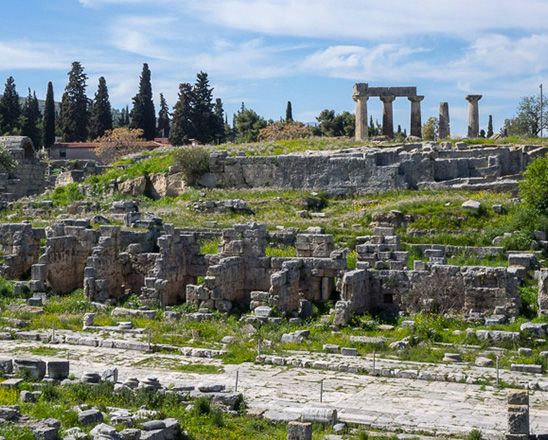
Greek Literature under Roman Rule

Roman rule came as a shock to Greece, but Greek culture was resilient, and Greek literature continued to thrive. Greek authors diagnosed how Rome won, while they continued to claim intellectual leadership, and eventually and increasingly came to view themselves as co-regents of empire. Although neglected in comparison with classical literature, the Greek literature of the imperial period not only survives in surprising abundance, it also offers fascinating perspectives on what it meant to be Greek and/or a Roman Greek in that period. Our primary aim in this course will be to trace the development of Greek literature (in English translation) under Roman domination from 146 BCE to the establishment of Constantinople as the empire’s capital in CE 330 and the death of the last pagan emperor Julian in CE 363. We will proceed roughly chronologically with emphasis especially on the genres of historiography ( Dionysius of Halicarnassus, Aelian), biography ( rhetoric (especially such second Sophistic authors as Philostratus and Aristides), philosophy science ( Galen), the ancient novel (Xenophon of Ephesus), and poetry (Epigrams of the
Greek Anthology. We will interpret these categories broadly, however, in order to include contemporary Christian writing, such as, for example, the Gospels (under biography) as well as John Chysostom and Gregory Nazianzus (together with such later rhetoricians as Libanius and the emperor Julian himself).
Learning Goals
This course will primarily teach students to:
– become familiar with and understand literary developments in the Greek world from the beginning of Roman domination in 146 BCE to the foundation of Constantinople
in CE 330 and the death of the emperor Julian in CE 3 63.
– discuss their own ideas and interpretations of ancient Greek literature of the imperial period in a seminar like setting.
– investigate what it meant to be Greek and/or a Roman Greek after the loss of Greek political independence.
– learn the parameter s and purposes of the wide range of literary genres that flourished among Greek speakers during imperial period.
– view Christian literature as a contemporary development alongside pagan literature as well as an integral piece of Greek literary history.



